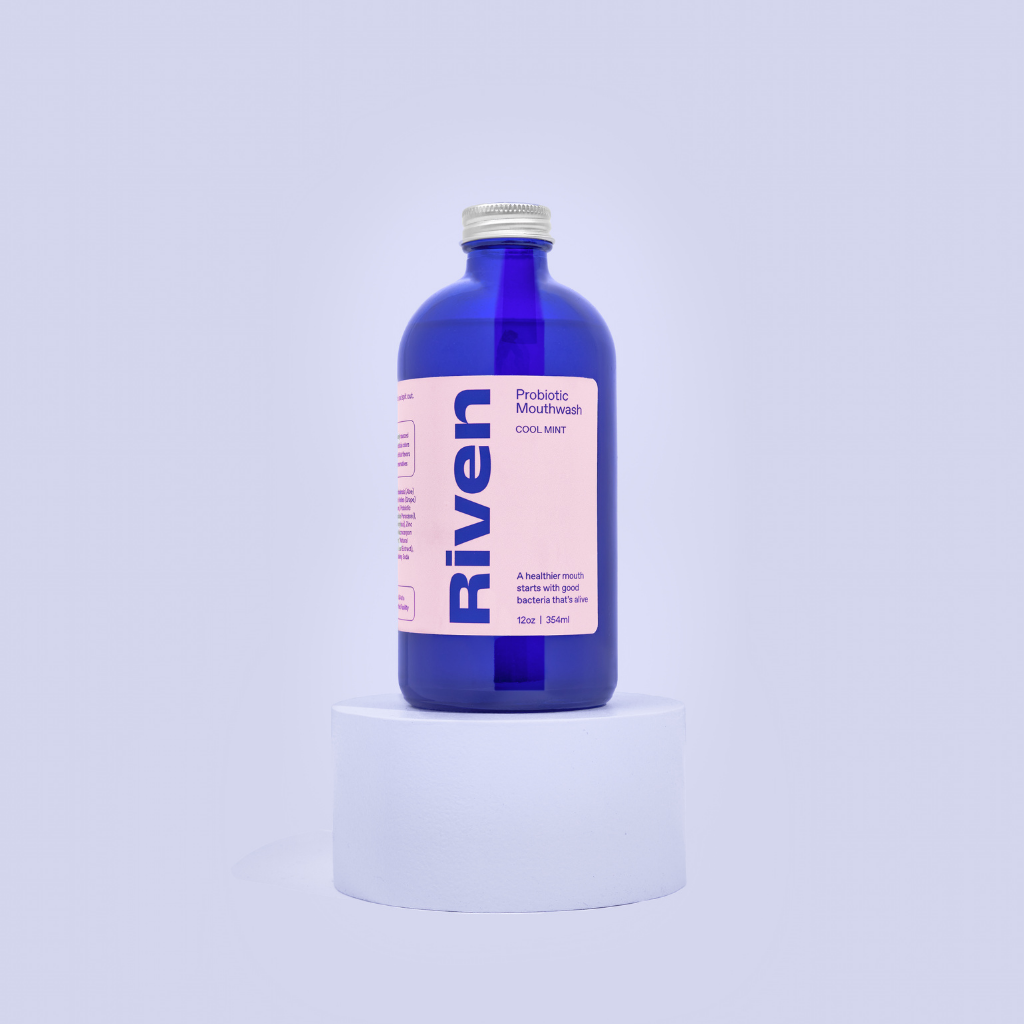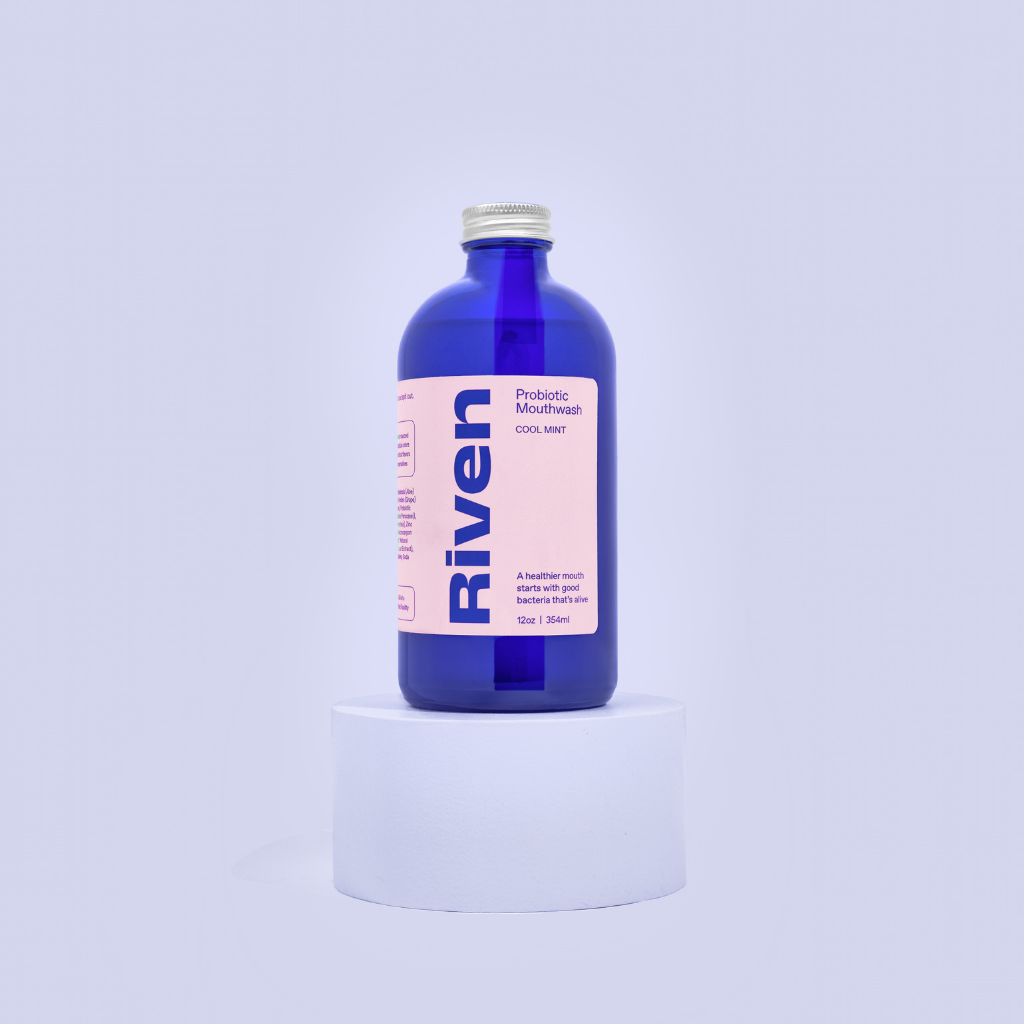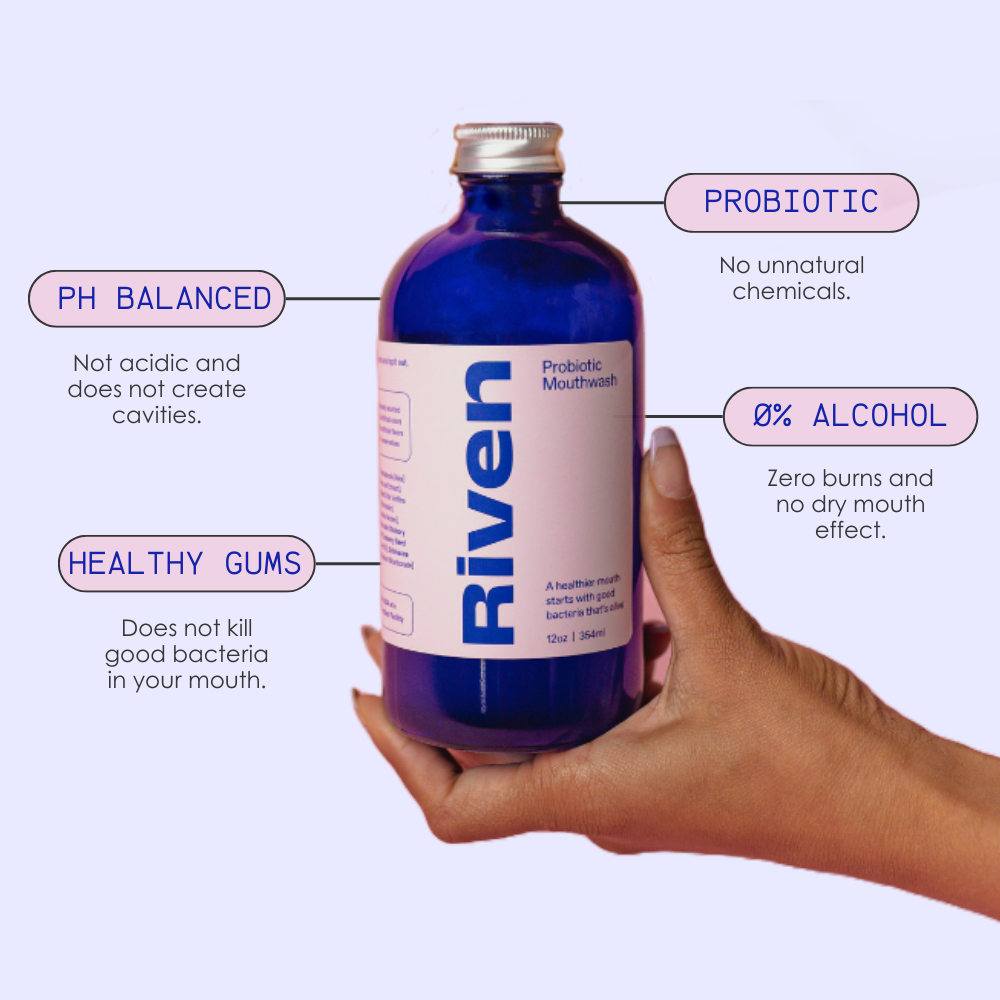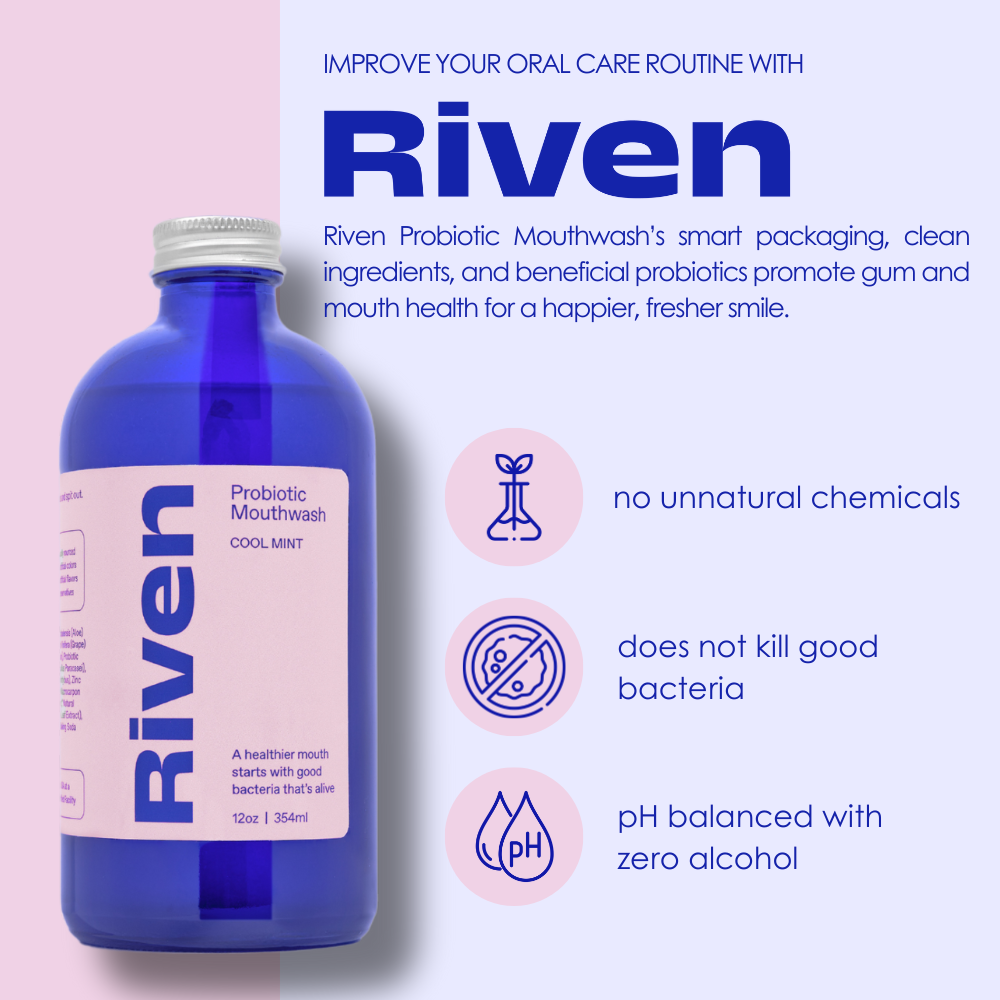In the era of health-conscious choices and dietary preferences, artificial sweeteners have gained substantial popularity as sugar substitutes. Among the hotly debated topics in this domain, the safety comparison between aspartame and regular sugar takes center stage, particularly concerning oral health. In this comprehensive article, we will meticulously explore both facets of this debate, empowering you to make an educated decision.

Advantages of Aspartame in Preventing Tooth Decay
In a marked departure from regular sugar, aspartame assumes a non-contributory stance in dental decay, grounded in logical explanations:
- Fermentation and Bacteria: Conventional sugar's fermentable nature acts as a bacterial buffet, culminating in cavities. In sharp contrast, artificial sweeteners such as aspartame are non-fermentable. Consequently, the detrimental bacteria behind cavities fail to harness aspartame for sustenance.
- Ubiquitous Presence in Everyday Products: Aspartame finds its place in an array of commonplace items, including diet beverages, low-sugar juices, and notably, sugar-free gum.
Addressing Concerns
While aspartame itself does not yield tooth decay, its presence in products might instigate latent threats. Numerous products housing aspartame also incorporate a gamut of acids - carbonic acid, phosphoric acid, malic acid, citric acid, tartaric acid, and fumaric acid. These acids harbor the potential to reduce oral pH, potentially triggering tooth impairment. As the pH levels plummet below 5.5, tooth enamel, the resilient outer layer, embarks on demineralization and weakening.
Exploring Alternatives: Sugar-Free Gums and Candies
The decision to embrace sugar-free alternatives might seem straightforward, yet delving into ingredient lists proves pivotal. When deliberating over gums and candies, products employing xylitol, a sugar alcohol, emerge as favorable options. For in-depth insights, check out our all-encompassing article on the Benefits of Xylitol.
Benefits of Xylitol
- Cavity Prevention: Xylitol boasts an exclusive trait - immunity against bacterial metabolism. This translates to diminished harmful bacteria, catalyzing improved oral health.
- Saliva Stimulation: Xylitol's ability to stimulate saliva production assumes significance in thwarting tooth decay.
- Remineralization: Notably, xylitol contributes to the remineralization of teeth.
However, it's prudent to remain cognizant of the possibility of gastrointestinal discomfort upon excessive xylitol consumption, accompanied by bloating and gas. Additionally, juxtaposed with sugar's caloric content, aspartame's potency - about 200 times sweeter than sugar - necessitates its sparing application, curtailing overall caloric impact.
A Word of Prudence
Emerging insights from the World Health Organization underscore that while aspartame remains innocuous in modest quantities, apprehensions of potential carcinogenic repercussions loom over larger consumption. Prudence dictates moderation while indulging in any sweetener, whether natural or artificial.
Further Reading
Enthusiasts keen on delving deeper into the realm of oral health will find our exposé on "The Controversial Debate: Fluoride vs. Hydroxyapatite for Oral Health" illuminating. This discourse elucidates the ongoing tussle between fluoride and hydroxyapatite in nurturing optimal oral health. More info can be found here.
In Conclusion
While aspartame surges ahead in the realm of oral health by evading direct culpability for tooth decay, the holistic health panorama and the latent influence of acidic additives in aspartame-infused products demand prudent consideration. The pursuit of informed choices stands pivotal. In times of uncertainty, liaising with dental professionals or nutritionists emerges as a guiding beacon, ensuring decisions harmonize with both dental health and overall well-being.





